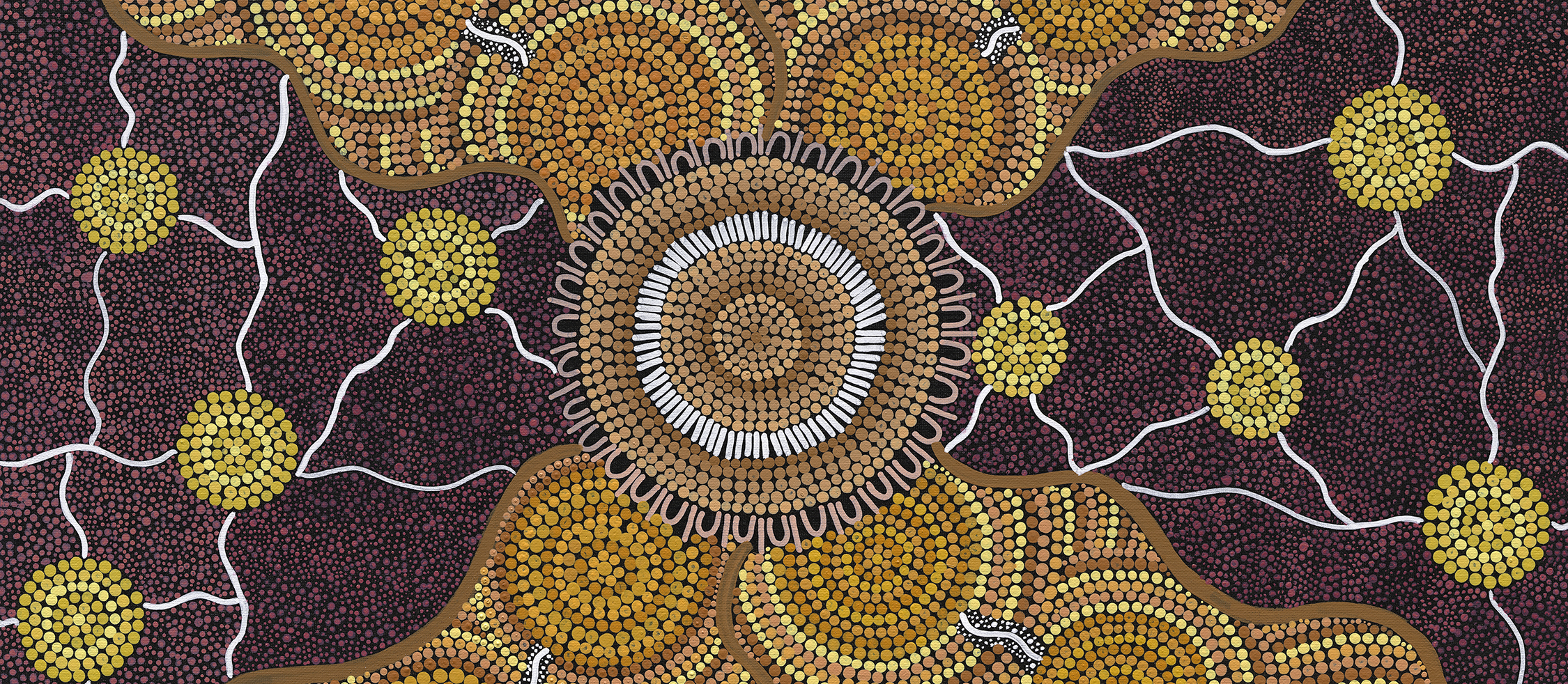Curtin University is on the lookout for people aged 65 and over to take part in a research project aimed at better understanding what older adults think they need to age well and live independently.
The ‘Future Proof for a Good Life’ study, supported by Juniper and iLA, is looking for people who are 65 years and older, living in Australia and want to live independently in their own home for as long as possible.
Researchers are particularly keen to hear from people receiving home care services, or those who have been assessed and are waiting to receive home care services, to take part in a 45-minute interview.
Associate Professor in the Curtin School of Allied Health at Curtin University, Dr Elissa Burton, said: “We are trying to see what older people perceive is necessary for them to live independently for the rest of their lives.
“What do they need to do? Do they think home care will be a requirement? Do they know about reablement and if so, what are their thoughts on it?
“Essentially, we want to know what is important to them so we can begin to start discussing and communicating about reablement and why it can be beneficial to living independently.”
Reablement is a person-centred approach within healthcare that helps individuals learn – or re-learn – the skills necessary to engage in activities that are important to them.
The aim is for people to regain their confidence, ability and necessary skills to live as independently as possible after an illness, injury or deterioration in health.
Juniper Director of Home Care and Retirement Living Angie Slater, an advocate for reablement, said many people do not understand reablement and how it can help them live an independent life.
“We used to think the only way people could stay in their home was to do more for them,” she said. “However, what in effect was happening was something was being taken away from them.”
“Reablement means adapting the support network around someone so they can be empowered to continue to enjoy a meaningful quality of life. It’s about putting choice and control back in their hands.”
Listen to Angie talk more about reablement here
If you fit the eligibility for the study and would like to take part, or have any further enquiries, please contact Dr Elissa Burton on 08 9266 4926 or e.burton@curtin.edu.au

